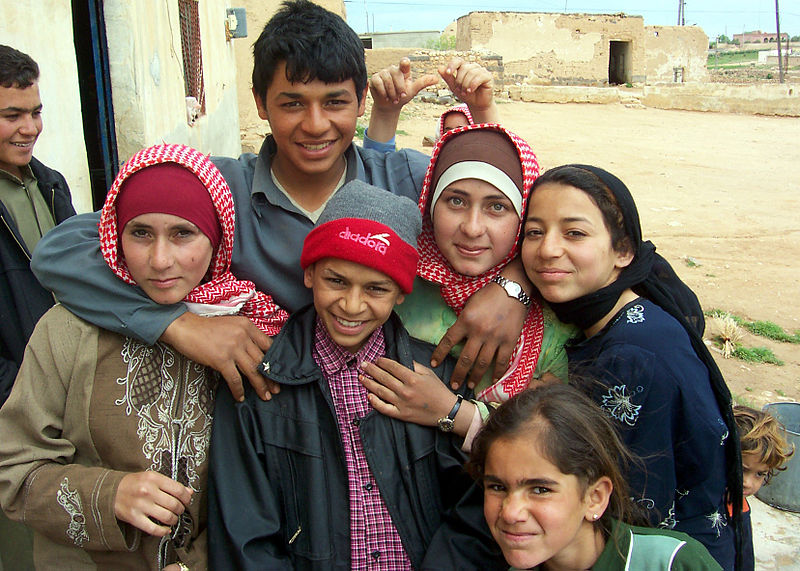Adopting from Syria
Notice: As of July 14, 2014, all individuals and agencies facilitating international adoptions must be in compliance with the Intercountry Universal Accreditation Act.
Contents
Hague Convention Information
Syria is not party to the Hague Convention on Protection of Children and Co-operation in Respect of Intercountry Adoption (Hague Adoption Convention). Intercountry adoptions of children from non-Hague countries are processed in accordance with 8 Code of Federal Regulations, Section 204.3 as it relates to orphans as defined under the Immigration and Nationality Act, Section 101(b)(1)(F).
Below is the limited information the Department has on obtaining guardianship from Syria. U.S. citizens interested in obtaining guardianship for Syrian orphans should contact the adoption authority of Amman, Jordan to inquire about applicable laws and procedures.
Caution: Prospective adoptive parents should be aware that not all children in orphanages or children’s homes are adoptable. In many countries, birth parents place their child(ren) temporarily in an orphanage or children’s home due to financial or other hardship, intending for the child to return home when this becomes possible. In such cases, the birth parent(s) rarely relinquish their parental rights or consented to their child(ren)’s adoption. See contact information below.
The Department of State receives inquiries from U.S. citizens concerned about the plight of children in war zones and in countries afflicted by natural disasters such as hurricanes, earthquakes, and tsunamis. Our office shares this concern for children in conflict areas, and we understand that some U.S. citizens want to respond by offering to open their homes and adopt these children in need.
It can be extremely difficult in such circumstances to determine whether children who appear to be orphans truly are eligible for adoption and immigration under U.S. laws. Children may be temporarily separated from their parents or other family members during a conflict or natural disaster, and their parents may be looking for them. It is not uncommon in dangerous situations for parents to send their children out of the area, for safety reasons, or for families to become separated during an evacuation. Even when it can be demonstrated that a child’s parents have died, children are often taken in to be cared for by other relatives.
During times of crisis, it can also be exceptionally difficult to fulfill the legal requirements for intercountry adoption of both the United States and the child's country of origin. This is especially true when civil authority breaks down. It can be very difficult to gather documents necessary to establish the child meets the requirements of U.S. immigration law, so prospective adoptive parents may wish to consult with an experienced immigration attorney and take extra caution when considering adopting or caring for a child under these circumstances.
Please visit the Department of State’s Country Specific Information for more information on traveling to Syria. Visit U.S. Embassy Amman’s website for information on consular services at Amman-IV@state.gov or ACSAmman@state.gov.
Who Can Adopt
N/A
Residency
N/A
Age of Adopting Parents
N/A
Marriage
N/A
Income
N/A
Other
N/A
Who Can Be Adopted
N/A
How to Adopt
N/A
Adoption Authority
N/A
The Process
N/A
Traveling Abroad
N/A
After Adoption
N/A
SOURCE
Intercountry Adoption, Bureau of Consular Affairs. U.S. Department of State Country Information[1]



